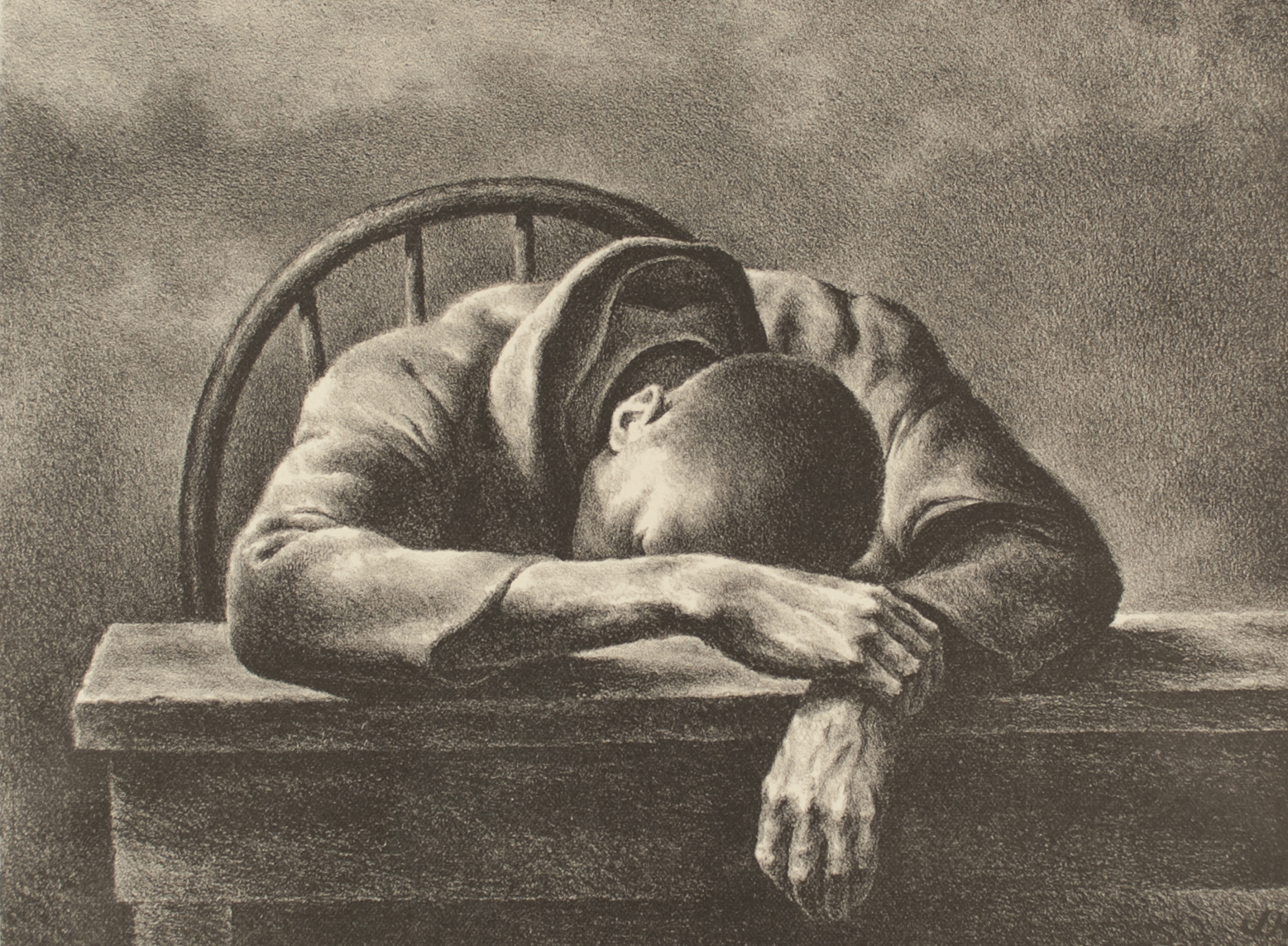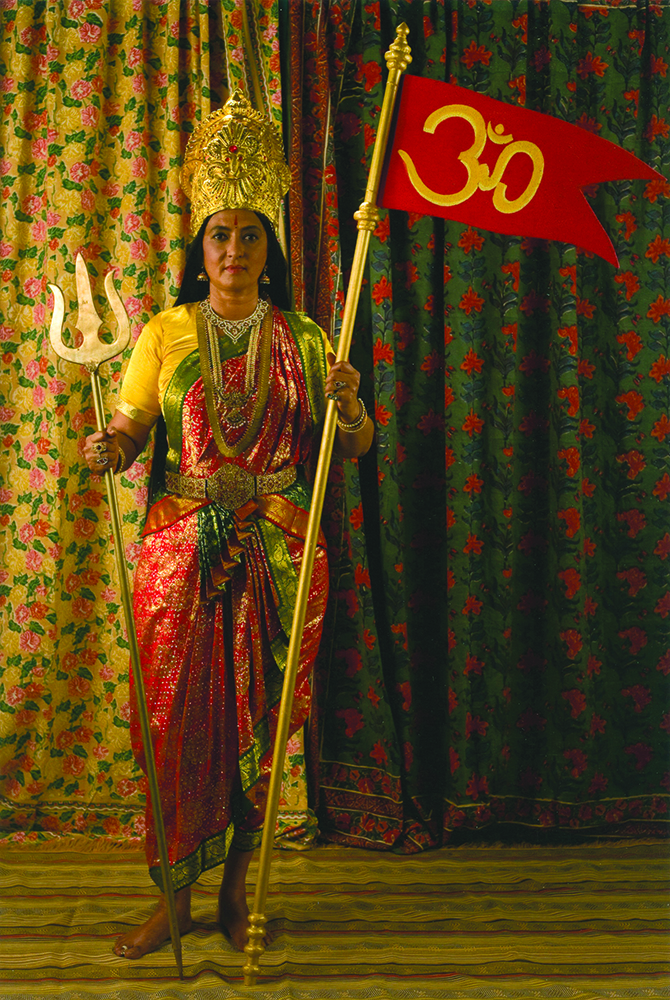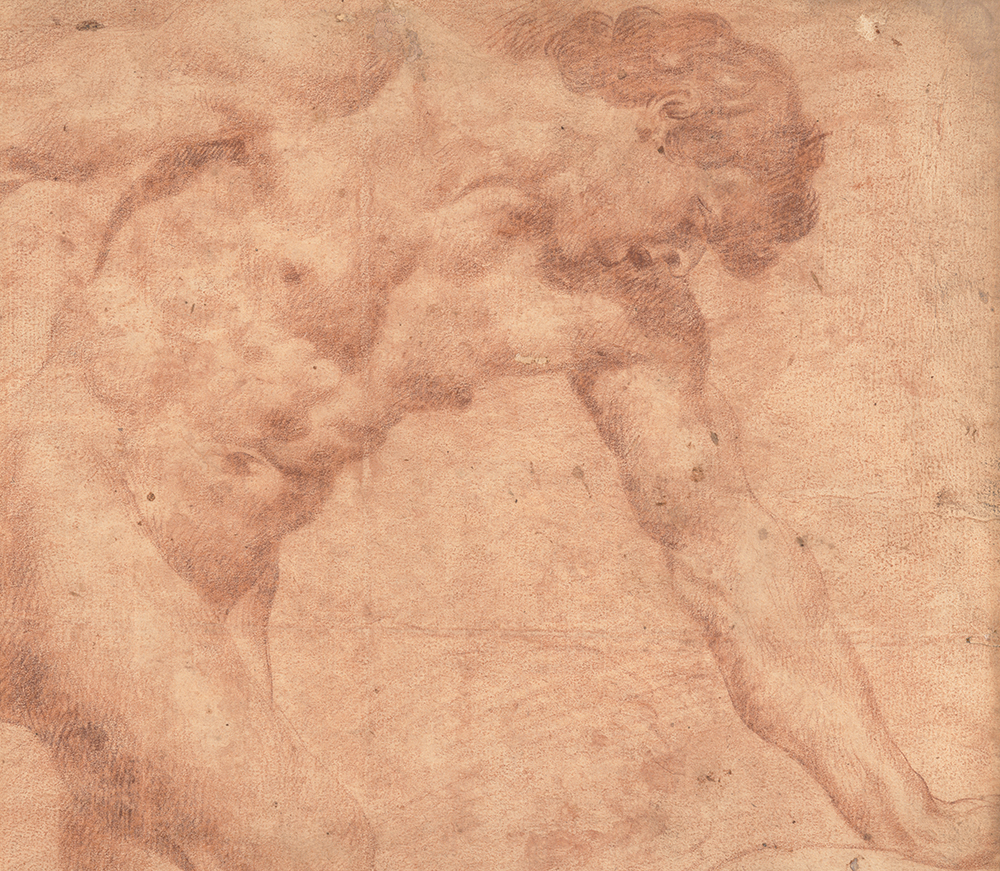America Seen: The Hunter and Cathy Allen Collection of Social Realist Prints
January 31, 2014 - April 13, 2014

The 1920s through 1940s were decades of dramatic economic and cultural change in the United States ― from the Roaring Twenties to the Great Depression to the New Deal. The period saw substantial growth in print culture in America, as the government instituted the Works Progress Administration (WPA), aiming to put unemployed Americans back to work. The Federal Art Project, a division of the WPA established in 1935, employed artists, including printmakers, to create works inspired by the “American Scene.” Alongside this government patronage, many artists also produced works for organizations such as Associated American Artists, founded in 1934, to deliver original prints directly to the public.
America Seen presents 38 prints from the era ― lithographs, wood engravings, etchings, and wood-block prints ― generously donated to the Ackland by Hunter Allen and his wife, Cathy Allen, a member of UNC-Chapel Hill’s Class of 1973.
The prints illustrate a broad range of popular and evocative subject matter through scenes from everyday life, both urban and rural: labor and unemployment, the hardship of poverty, the pleasure of pastimes such as cards and music, and cityscapes highlighting the New York City subway. To varying degrees these works of art are critical, documentary, and celebratory, but all are powerful visual statements about America during this turbulent time.
Explore the works from this show on our collection database site.
Also on view at the Ackland, in connection with America Seen:
Hale Woodruff and Aaron Douglas: New Arrivals at the Ackland
This special installation presents an expressionistic 1940s Mississippi landscape by Hale Woodruff and a previously unknown gouache version of one of Aaron Douglas’ most important compositions from the same decade.
America in Motion: New Deal Documentary Films by Pare Lorentz
In connection with America Seen, the Ackland will continuously screen two politically charged, highly dramatic documentary films by Pare Lorentz, often called “FDR’s Moviemaker”: The Plow That Broke the Plains (1936), produced for the U.S. Resettlement Administration, and The River (1938), produced for the USDA Farm Security Administration.
Image from the collection of Hunter and Cathy Allen, Ackland Art Museum, The University of North Carolina at Chapel Hill: Joseph Hirsch, American, 1910-1981, Lunch Hour, 1942, published 1944, lithograph, 23.9cm x 31.1 cm. Ed. of 250. Published by Associated American Artists. 2013.21.22.


